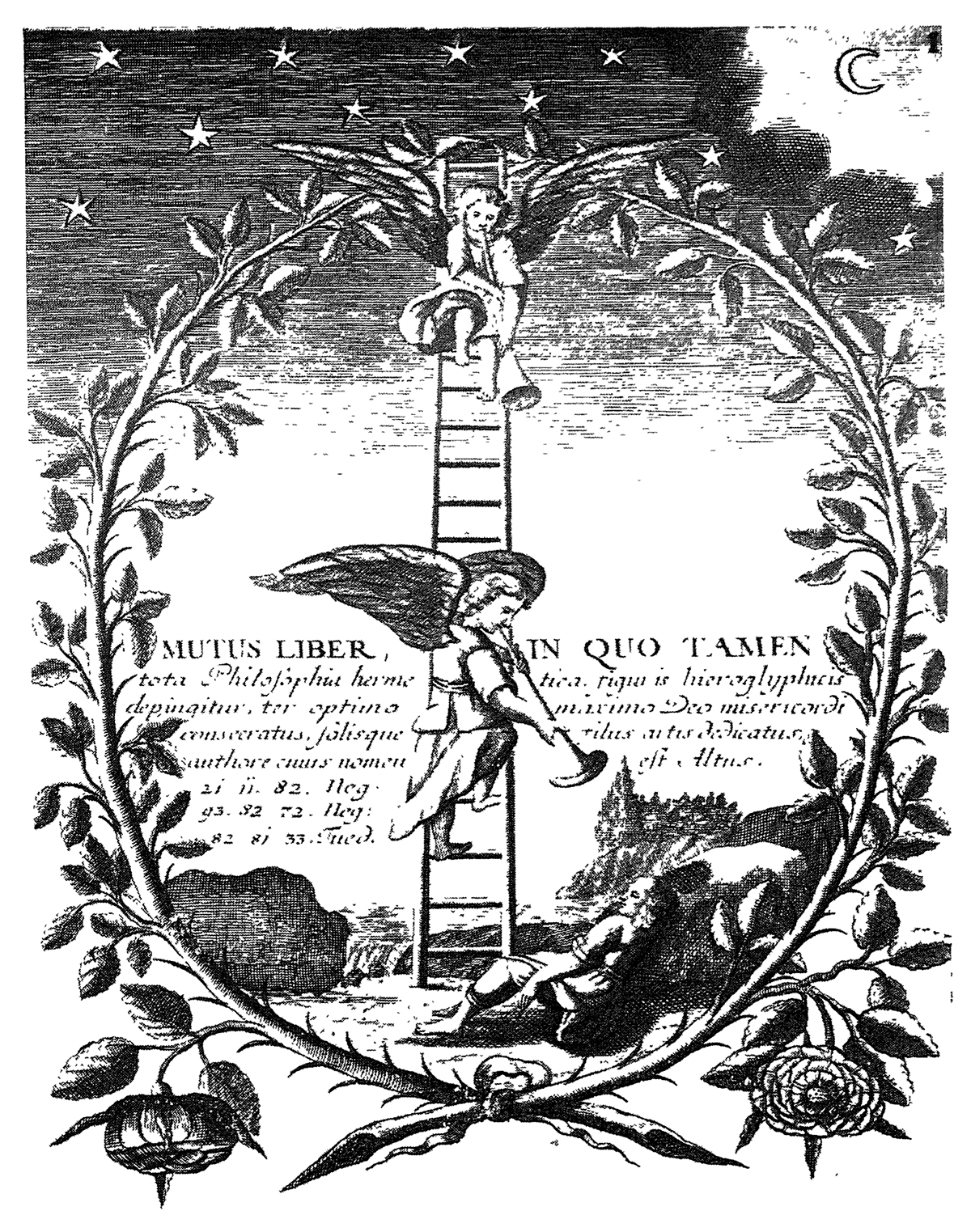
for soprano and 9 instruments
소프라노와 아홉 악기를 위한, “하이페리온의 노래"
Hyperion Song
I. You
You walk above in the light
The blessed first children (filius regius), on soft land
Luminous breezes, divine,
Touch, touch upon you gently,
as an artist's fingers
touch holy strings.
2. Fateless
Fateless as the sleeping infant
the Heavenly breathe;
Innocense, chastely preserved in a small bud,
their spirits bloom eternally
and their blissful eyes, eyes
gaze, (g)aze with tranquil,
eternal clearness. eternal, eternal, eternal.
3. But we are destined (to be written)
But we are destined
to find no place to rest and suffering mortals dwindle and blindly fall
from one hour to the next, like water tossed
from cliff to cliff,
for years and years
down into the Unknown.
Text by Dongryul Lee
based on the poem, Hyperion's Fate Song (Hyperions Shiksaalslied)
written by Friedrich Hölderlin (1770-1843)
and the translation by Michael Hamburger (1924-2007) published in 1961.
The premiere has been cancelled due to the Coronavirus disease (COVID-19) pandemic in 2020
Program notes
Hyperion Song is commissioned by the Callithumpian Consort to be premiered in June 2021. This work focuses on the dynamics of spectral profiles due to vowel changes, which is well connected with the metaphor of the original poem written by Hölderlin. The first and second movements were written between the winter of 2019 and the following spring of 2020, and finalized during my residency at the Atlantic Center for the Arts in Florida (March 2020.) The surreally warm and peaceful atmosphere of Florida was well matched with the heavenly environment of the protagonist in the earlier part of the poem. During my residency, I was reading the text, Bardo Thodol, which I found to follow a closely related structure to the process that Hölderlin suggests in his poem, but here based on the experiences of Buddhist masters describing the intermediate stages between death and the rebirth. Suddenly, when the piece was nearing completion, the outer world was quickly darkened by the virus, as the unwritten last stanza of the poem projects: “But we are destined to find no place to rest; and suffering mortals dwindle and blindly fall [...] down into the unknown.” The third movement, "But we are destined," is planned to be written for the same instrumental force in the future, when the darkness of this pandemic is over.
Though other works share the same or a similar title, sometimes owing to inspiration from this very poem, I do not directly reference these with quotes or paraphrases in this Hyperion Song.
